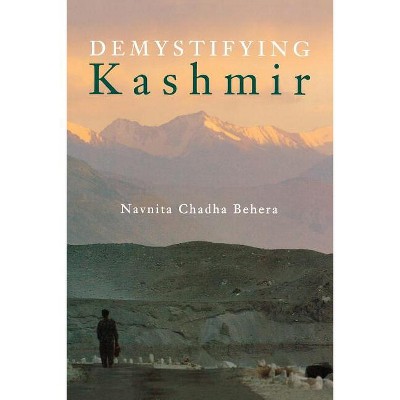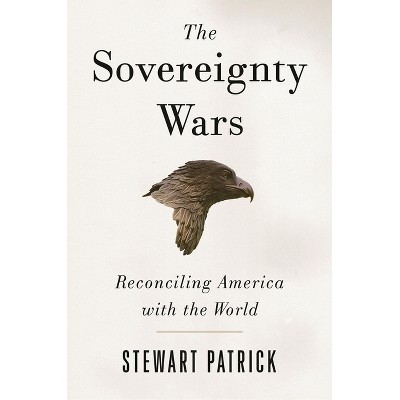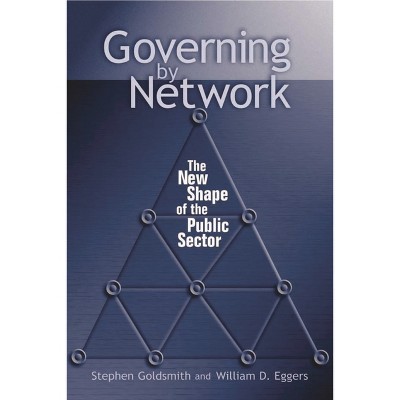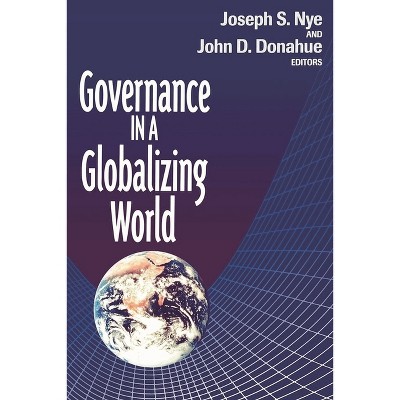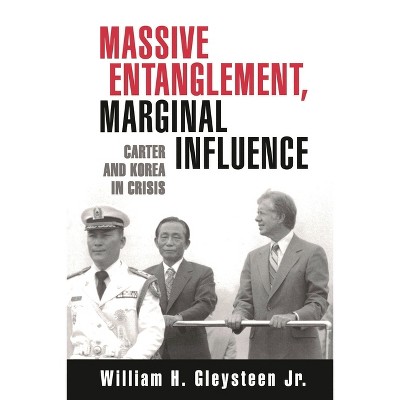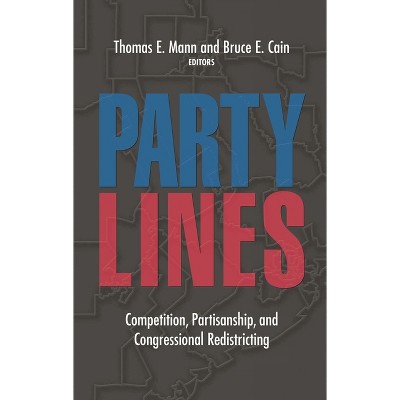Refugee Manipulation - by Stephen John Stedman & Fred Tanner (Paperback)

About this item
Highlights
- "Since World War II, refugee organizations have faced a recurrent challenge: the manipulation of refugees by warring parties to further their own aims.
- About the Author: "Stephen John Stedman is a senior fellow at the Center for International Security and Cooperation at Stanford University and a nonresident senior fellow at the Brookings Institution.
- 202 Pages
- Political Science, History & Theory
Description
About the Book
"Since World War II, refugee organizations have faced a recurrent challenge: the manipulation of refugees by warring parties to further their own aims. Some armies in civil wars, facing military defeat, use refugees as assets to establish the international legitimacy...
Book Synopsis
"Since World War II, refugee organizations have faced a recurrent challenge: the manipulation of refugees by warring parties to further their own aims. Some armies in civil wars, facing military defeat, use refugees as assets to establish the international legitimacy of their cause, treat refugee camps as sanctuaries and recruitment pools, and limit access to refugees to ensure that they will not repatriate. Focusing on the geopolitical security environment surrounding militarized camps and the response of humanitarian agencies, the contributors to this volume examine the ways armed groups manipulate refugees and how and why international actors assist their manipulation. They then offer suggestions for reducing the ability of such groups to use the suffering of refugees to their own advantage. The contributors examine three cases: Cambodian refugees along the Thai border in the 1970s and 1980s, Afghan refugees in Pakistan in the 1980s and 1990s, and Rwandan refugees in Eastern Zaire from 1994-96. They argue that refugee manipulation occurs because warring parties gain resources in their fight for power and other actors, often the host government and regional and major powers encourage and support it. Manipulation is allowed to occur because the international refugee regime and major states have not identified a consistent approach to stopping it. In the post-Cold War era the United Nations and its members have chosen to treat the issue as a humanitarian problem instead of a security problem. As the contributors make clear, however, manipulation of refugees has important ramifications for international security, turning some civil wars into larger protracted regional wars. They argue that the geopolitics of refugee manipulation leads to sanguine conclusions about stopping it. Solutions must change the moral, political, and strategic calculations of states that are implicated in the manipulation. As long as the problem is not deemed a security threat"
Review Quotes
."..the book by Stedman and Tanner is a thorough examination of three of the great refugee movements in recent history: those in Afghanistan, Cambodia, and Rwanda." --Herb Thompson, The American University in Cairo, "Journal of Contemporary Asia", 4/1/2004
"the editors offer an informed and articulated set of policy options, underpinned by solid case study evidence. The book will be useful to policy makers in both the security and humanitarian industries, and its practical and clearly written style is recommended for academic audiences." --Karen Jacobsen, Tufts University, "The International Journal of African Historical Studies"
"A commendable examination of the problems of refugee relief, and the abuses that can arise....We need studies like this to remind us of the pitfalls that accompany good intentions and knee-jerk reactions to crises. One hopes that a copy will accompany every relief team that ventures forth." --Sol Schindler, "The Washington Times", 9/9/2003
About the Author
"Stephen John Stedman is a senior fellow at the Center for International Security and Cooperation at Stanford University and a nonresident senior fellow at the Brookings Institution. He recently served as the research director of the United Nations High Level Panel on Threats, Challenges, and Change and as assistant secretary-general and special advisor to the secretary-general of the United Nations. Fred Tanner is deputy director for Academic Affairs at the Geneva Centre for Security Policy."





